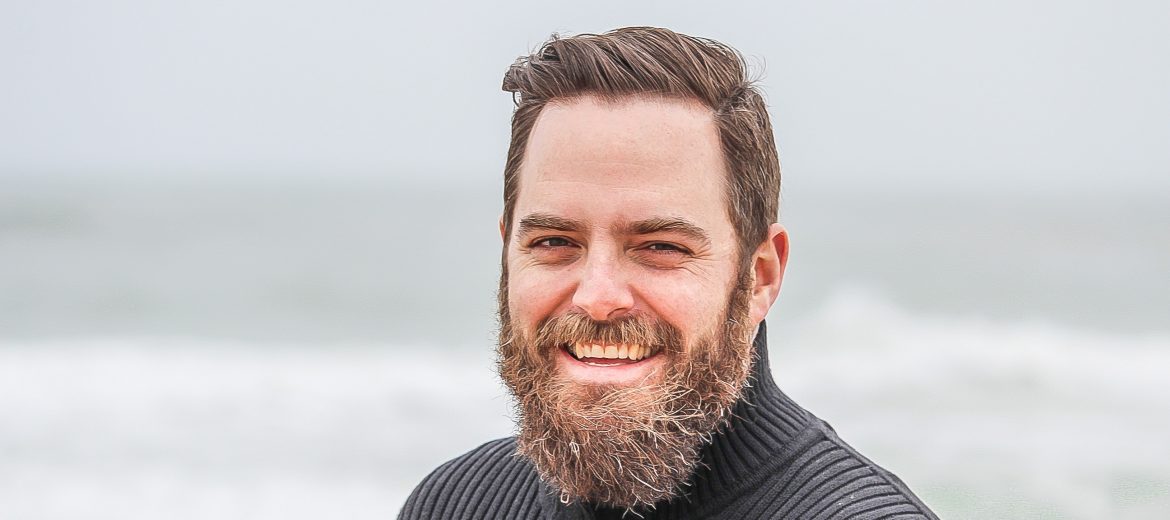Thinning Hair Remedies: Achieving Thicker, Healthier Hair is Possible

There are many causes of thinning hair, but genetics and aging are the most common triggers of hair loss and thinning hair in both men and women. Other typical causes can include stress, diet, hormonal changes, illness, environmental factors, or even certain hair products or styling habits.
Although it is less common, hair loss and thinning hair can be a sign that something else is going on with your body, and may be symptoms of an underlying condition. It’s generally a good idea to see a doctor to rule out potential causes that may be more serious or require treatment.
If you’re experiencing thinning hair, you don’t have to just accept it as your follicular fate. There are many hair restoration treatments available that could help you reclaim healthier, fuller hair.
By no means an exhaustive list, the following remedies are just a few of the most common and effective approaches to combat thinning hair:
Medications
Medications can be beneficial to many patient in the early stages of thinning hair or balding. There are two effective FDA approved options to treat hereditary pattern hair loss, or androgenetic alopecia.
Rogaine is a topical treatment, approved for both men and women, that’s applied daily to the scalp. It’s available over-the-counter.
Propecia is a prescription drug that helps slow hair loss and may stimulate some new hair growth. It’s taken daily in pill form and only approved for men.
Thinning hair can also be a side effect of some medications. If this could be the case, your doctor may be able to recommend alternative medication options.
For women who have a greater hormone sensitivity, certain birth control pills that contain androgens can cause hair to weaken and lead to thinning hair. Switching to a different type of birth control may help resolve the problem.
Nutritional Supplements & Dietary Changes
There are many vitamins and minerals necessary for healthy hair growth and nutritional deficiencies can lead to thinner hair. Even if you eat a healthy diet, this can be a potential factor. One reason for this is that with age, our bodies begin to process nutrients less efficiently. Also, everyone’s body is different and some individuals may have genetic variations that affect how efficiently their bodies absorb and process certain nutrients.
Some of the essential vitamins and minerals that support hair growth and are often used to help treat hair loss include, Iron, Vitamin C, B Vitamins, Selenium, Zinc, Essential Fatty Acids, Biotin, just to name a few. Nutritional supplements can be an effective approach to combat thinning hair, however, it’s important to consult a physician who can recommend a safe supplement plan.
Addressing nutritional deficiencies by incorporating specific vitamin and mineral rich foods into your diet can also be a good way to go. As is eating a healthy, balanced diet.
Low-Level Laser Therapy (LLLT)
Low-Level Laser Therapy (LLLT) is an FDA approved treatment proven to effectively treat hair loss in both men and women. Utilizing laser light to target hair follicles and stimulate cell growth, LLLT helps activate the production of thicker hair shafts and an overall fuller appearance. There are many portable devices for low-level laser therapy that patients can use at home.
Reduce Stress Levels
Chronic emotional and physical stress negatively impact our bodies in countless ways. High levels of stress and stress hormones can interrupt optimal hair growth and the normal hair growth cycle.
Reducing stress levels and learning to actively manage chronic stress can play an important role in any plan to treat thinning hair and hair loss. Both meditation and exercise are proven ways to alleviate stress and are good options to consider adding to your daily routine.
Platelet-Rich Plasma Injections (PRP)
Platelet-rich plasma injections (PRP) harness your body’s own regenerative powers, both helping to prevent hair loss and stimulate new hair growth.
The platelets in blood plasma contain special bioactive proteins that support cell growth and the body’s natural healing process. PRP is blood plasma that’s been highly concentrated to contain more of these growth factors.
PRP therapy for hair loss involves withdrawing a small amount of your own blood, which is then enriched and injected into the scalp, where it will naturally begin to wake up dormant hair follicles and promote new, healthy growth.
PRP injections can be an excellent treatment option for those with thinning hair, as it can help prevent further degeneration and to regrow thicker, healthier, fuller hair. It can also help those who suffer from more advanced hair loss and is also often used to maximize hair transplant results. The treatment is ideal for both men and women.
At Ohio Hair Restoration we can help you get to the root of your follicle problems at any stage of hair loss or thinning hair. We can help you identify the most effective treatment options for your unique situation to achieve the fullest, most healthy looking hair possible. Call our offices today to schedule your consultation.
